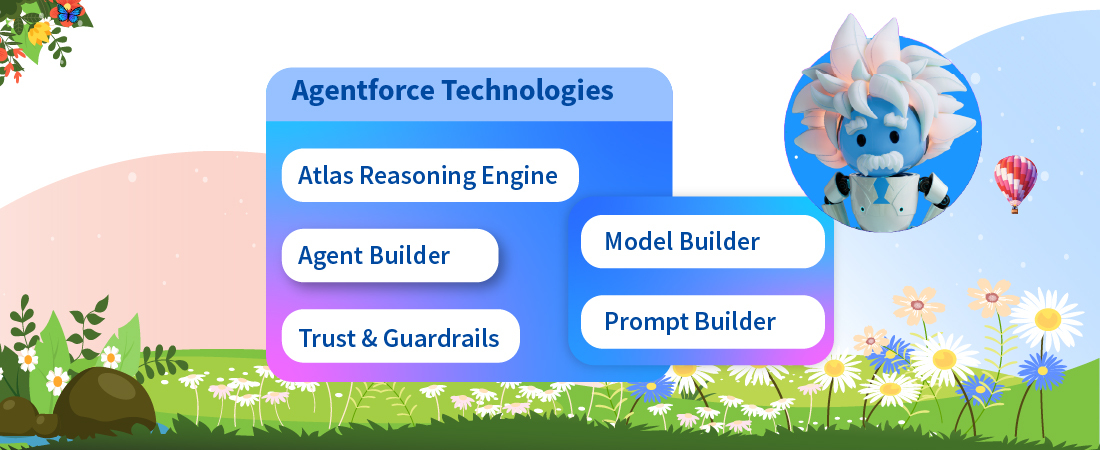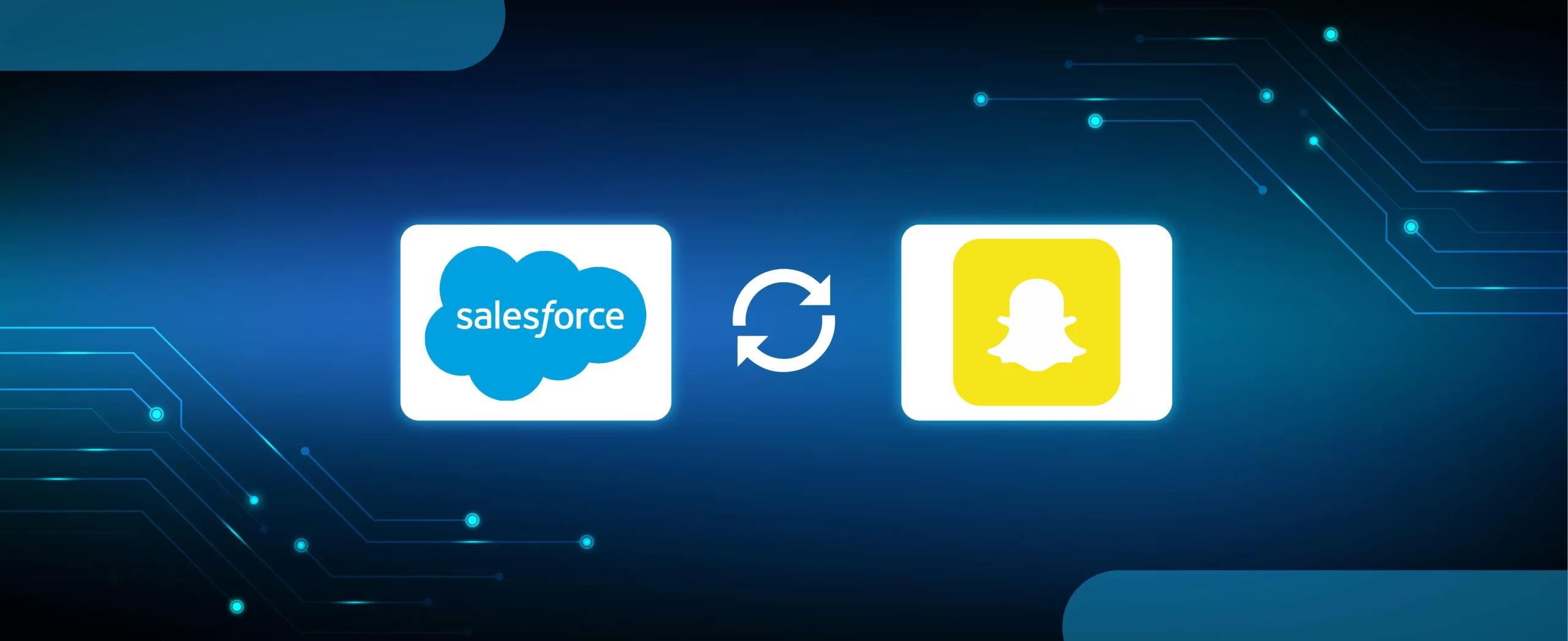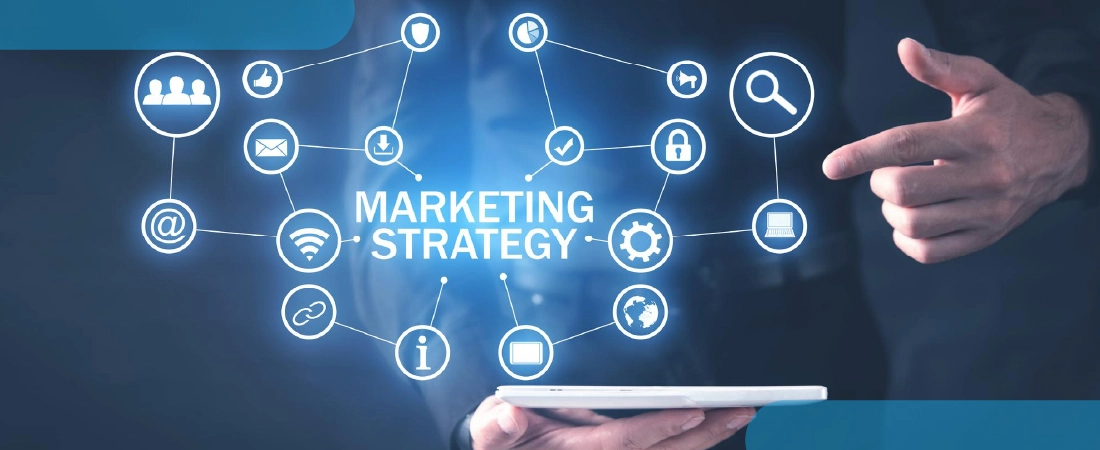Salesforce has been a pioneer in many areas and leveraging AI within marketing automation has been a new frontier for it. Behavior Scoring is taking things to an all-new next level. With Pardot Einstein, it is now possible for brands to use AI to nurture prospects more effectively. Salesforce Einstein Behavior Score allows corporations to manage prospects throughout their interaction with brands across all phases and identify the ones likely to convert.
What is Einstein Behavior Scoring?
Pardot’s Einstein Behavior Score, an AI-powered feature, evaluates marketing engagement and identifies customer trends to indicate likeliness for purchase. The Behavior Scoring feature evaluates a prospect’s engagement in terms of ‘ready to buy’ likelihood. This engagement model learns about the patterns of marketing touchpoints that lead to a purchase. When it spots such positive insights, it increases a prospect’s score. Behaviour Scoring takes into account data collected by the CRM platform, to generate a score between 0-100 with the help of artificial intelligence. This score indicates how likely a prospect is to turn into a customer.
Identifying Buying Intent with Behavior Score:
Metrics are important for understanding prospect interest and engagement. Behavior Scoring makes it possible to understand how metrics correlate to buying intent and when a lead is ready to convert.
The modern selling process is long and unpredictable if done manually, analyzing and interpreting data on customer activity is tedious. Einstein Behavior Scoring takes into account real-time engagement information, predicts likeness to buy and segments opportunities accordingly. When a sales representative goes out to meet with the prospect, s/he is armed with tools to help buyers make the right decision and influence the buying process accordingly.
Salesforce Einstein incorporates machine learning seamlessly, when a prospects visit a website, submits a form, click through pages and downloads whitepaper, these interactions doesn’t always mean that they are an active prospect for a company. The visitor may visit these touch points to stay on top of market trends and be a well-informed consumer. Salesforce Einstein evaluates the touch point trails – the number of e-mails opened and website visits that the prospect makes. It also takes into account different touch point combinations and mixes. From this information, the software learns to buy signals and projects a score from 0-100, 100 being the most likely prospect to convert into a customer. It not only predicts the likelihood of converting a prospect but also the moment of conversion.
In a nutshell, Einstein learns the combination of prospect engagement actions that leads to purchase. Over time, as they form patterns, it recognizes them as buying signals.

Powering Marketing Automation with Artificial Intelligence:
Once a user has created an Engagement Studio automation to nurture Pardot prospects, they can leverage Einstein Behavior Scores to make those processes smarter. Let’s say, a company is building an Engagement Studio to segment prospects into two nurture paths, based on their recent engagement. With earlier rules-based features like Pardot Grade, a lot of guesswork and tweaking of scoring models were involved. But with Einstein Behavior Scoring, Einstein assigns an AI-generated score to prospects, based on recent buying signals.
With Pardot Score, scores continued to add up over a prospect’s lifetime, producing a wide range of values that didn’t prioritize recent engagement signals. Behavior Scoring normalizes all scores and uses the recency of prospect engagement as a key factor. This makes it easy for companies to understand where each prospect is placed in their buying journey and the best way to engage them.
It is clear that Einstein Behavior Scoring will fuel marketing qualification in the future as companies ditch rules-based lead scoring in the favor of more relevant scoring models.






